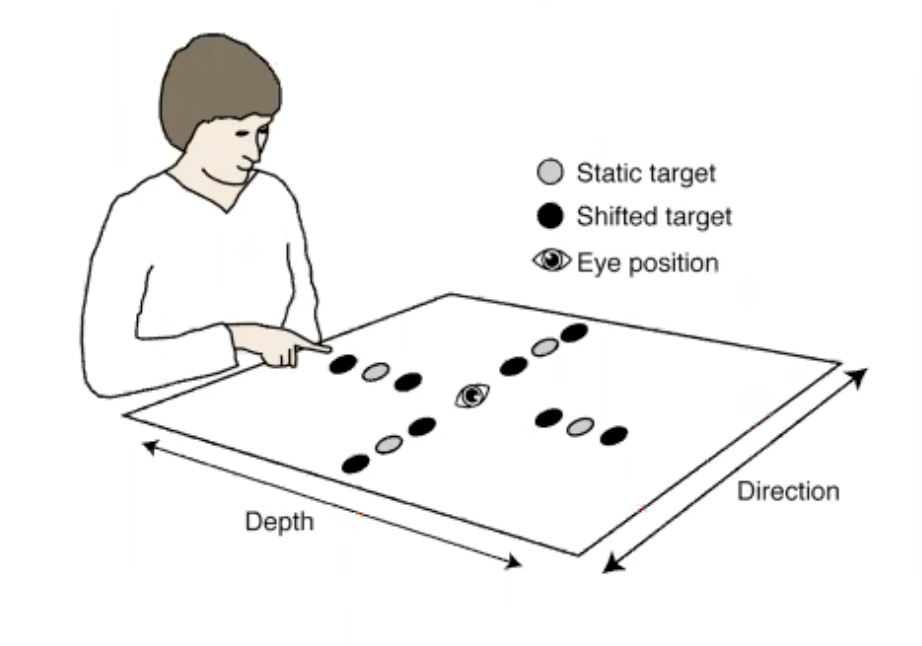Header 1
DFKI

The DFKI with headquarters in Kaiserslautern and research centers in Saarbrücken, Bremen, Osnabrück, as well as a project office in Berlin, is the country's leading research organisation in the area of Artificial Intelligence with a strong focus on technology transfer and industrial applications
map
body
The German Research Center for Artificial Intelligence (Deutsches Forschungszentrum für Künstliche Intelligenz - DFKI) is a transnational research initiative with a large number of research partners on AI, aiming at an ethical and value-based understanding of human-centered AI technologies. The Agents and Simulated Reality (ASR) and Embedded Reality research areas, in close collaboration with each other and with the other project partners, are developing AI-enabled systems that are intended to improve human lives and augment, but not replace, human intelligence. To achieve this goal, fundamentally new approaches to AI research and human-computer interaction (HCI) are required. Project goals include learning complex world models and building an easy-to-understand machine learning system. Indispensable is the adaptation of AI-based systems to our environment, which is characterized by increasing dynamics.
DFKI was founded in 1988 as a nonprofit organization by several renowned German IT companies and two research facilities. DFKI projects typically include the entire spectrum from basic research to market- and customer-oriented development of product functions. Currently, DFKI has about 1000 employees (among them 400 as a side job) and an annual turnover of over 50 Million euro. The circle of DFKI industrial partners comprises among others Daimler AG, Deutsche Telekom AG, SAP AG, Software AG, Microsoft Deutschland GmbH, BMW AG Deutsche Messe AG, Airbus Group, Intel Corporation and Volkswagen. (some of them via associated companies).
The Agents and Simulated Reality (ASR) and Embedded Reality research areas, in close collaboration with each other and with the other project partners, are developing AI-enabled systems that are intended to improve human lives and augment, but not replace, human intelligence. To achieve this goal, fundamentally new approaches to AI research and human-computer interaction (HCI) are required. Project goals include learning complex world models and building an easy-to-understand machine learning system. Indispensable is the adaptation of AI-based systems to our environment, which is characterized by increasing dynamics.The Agents and Simulated Reality (ASR) and Embedded Reality research areas, in close collaboration with each other and with the other project partners, are developing AI-enabled systems that are intended to improve human lives and augment, but not replace, human intelligence. To achieve this goal, fundamentally new approaches to AI research and human-computer interaction (HCI) are required. Goals include learning complex world models and building an easy-to-understand machine learning system. Indispensable is the adaptation of AI-based systems to our environment, which is characterized by increasing dynamics.
Trippstadter Strasse 122
67663 Kaiserslutern
Germany









